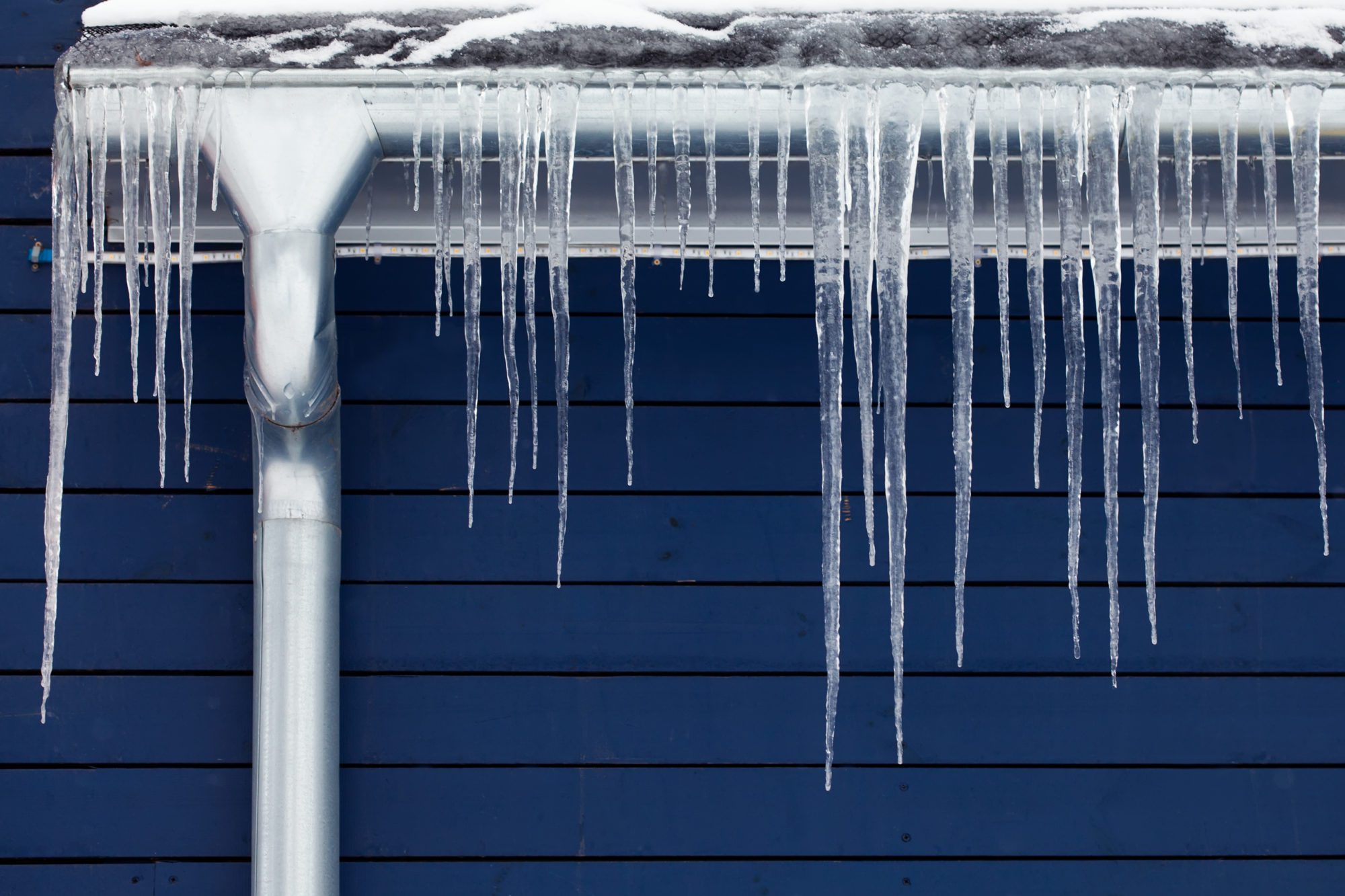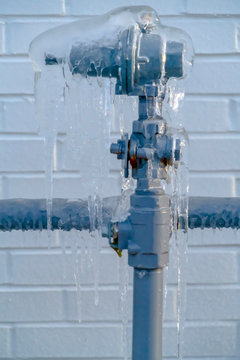Important Advice to Prevent Frozen Plumbing in Winter: Professional Guidance
Important Advice to Prevent Frozen Plumbing in Winter: Professional Guidance
Blog Article
We have unearthed this post involving How to Prevent Your Pipes From Freezing listed below on the internet and think it made good sense to discuss it with you on my blog.

Cold weather can damage your plumbing, specifically by freezing pipelines. Right here's just how to avoid it from taking place and what to do if it does.
Introduction
As temperature levels decrease, the risk of icy pipes increases, potentially causing pricey repair work and water damages. Understanding how to avoid icy pipes is important for home owners in cool climates.
Avoidance Tips
Protecting vulnerable pipes
Cover pipelines in insulation sleeves or use warmth tape to safeguard them from freezing temperature levels. Focus on pipes in unheated or outside areas of the home.
Home heating methods
Maintain indoor rooms sufficiently heated up, particularly locations with pipes. Open cabinet doors to allow cozy air to circulate around pipelines under sinks.
Exactly how to recognize icy pipes
Search for reduced water flow from faucets, unusual odors or sounds from pipes, and visible frost on revealed pipelines.
Long-Term Solutions
Architectural changes
Take into consideration rerouting pipelines far from exterior walls or unheated areas. Include extra insulation to attics, cellars, and crawl spaces.
Updating insulation
Buy high-grade insulation for pipes, attics, and walls. Appropriate insulation assists maintain regular temperature levels and minimizes the risk of icy pipelines.
Protecting Outdoor Pipes
Garden pipes and outside taps
Detach and drain garden tubes before wintertime. Mount frost-proof faucets or cover exterior taps with shielded caps.
Recognizing Icy Pipes
What causes pipelines to freeze?
Pipes freeze when subjected to temperatures listed below 32 ° F (0 ° C) for expanded durations. As water inside the pipes freezes, it broadens, putting pressure on the pipeline walls and possibly creating them to burst.
Risks and problems
Frozen pipelines can result in water disruptions, building damages, and expensive repairs. Burst pipelines can flood homes and create comprehensive architectural damage.
Indications of Frozen Pipes
Determining icy pipes early can avoid them from breaking.
What to Do If Your Pipes Freeze
Immediate activities to take
If you believe frozen pipelines, keep faucets open up to eliminate stress as the ice thaws. Use a hairdryer or towels soaked in hot water to thaw pipes gradually.
Verdict
Protecting against icy pipelines requires proactive procedures and fast reactions. By recognizing the causes, indications, and safety nets, house owners can shield their pipes throughout cold weather.
Helpful Tips to Prevent Frozen Pipes this Winter
UNDERSTANDING THE BASICS: WHY PIPES FREEZE AND WHY IT’S A PROBLEM
Water freezing inside pipes is common during the winter months, but understanding why pipes freeze, and the potential problems it can cause is crucial in preventing such incidents. This section will delve into the basics of why pipes freeze and the associated problems that may arise.
THE SCIENCE BEHIND FROZEN PIPES
When water reaches freezing temperatures, it undergoes a physical transformation and solidifies into ice. This expansion of water as it freezes is the primary reason pipes can burst. As the water inside the pipe freezes, it expands, creating immense pressure on the walls. If the pressure becomes too great, the pipe can crack or rupture, leading to leaks and water damage.
FACTORS THAT CONTRIBUTE TO PIPE FREEZING
Low Temperatures: Extremely cold weather, especially below freezing, increases the risk of pipes freezing. Uninsulated or Poorly Insulated Pipes: Pipes located in unheated areas, such as basements, crawl spaces, or attics, are more prone to freezing. Insufficient insulation or lack of insulation altogether exacerbates the problem. Exterior Wall Exposure: Pipes running along exterior walls are susceptible to freezing as they encounter colder temperatures outside. Lack of Heating or Temperature Regulation: Inadequate heating or inconsistent temperature control in your home can contribute to frozen pipes. PROBLEMS CAUSED BY FROZEN PIPES
- Pipe Bursting: As mentioned earlier, the expansion of water as it freezes can cause pipes to burst, resulting in significant water damage.
- Water Damage: When pipes burst, it can lead to flooding and water damage to your property, including walls, ceilings, flooring, and personal belongings.
- Structural Damage: Prolonged exposure to water from burst pipes can compromise the structural integrity of your home, leading to costly repairs.
- Mold and Mildew Growth: Excess moisture from water damage can create a favorable environment for mold and mildew growth, posing health risks to occupants.
- Disrupted Water Supply: Frozen pipes can also result in a complete or partial loss of water supply until the issue is resolved.
WHY CERTAIN PIPES ARE MORE PRONE TO FREEZING
- Location: Pipes located in unheated or poorly insulated areas, such as basements, crawl spaces, attics, or exterior walls, are at higher risk of freezing.
- Exterior Pipes: Outdoor pipes, such as those used for irrigation or exposed plumbing, are particularly vulnerable to freezing as they are directly exposed to the elements.
- Supply Lines: Pipes that carry water from the main water supply into your home, including the main water line, are critical to protect as freezing in these lines can affect your entire plumbing system.
- Underground Pipes: Pipes buried underground, such as those connected to sprinkler systems or outdoor faucets, can be susceptible to freezing if not properly insulated.
https://busybusy.com/blog/helpful-tips-to-prevent-frozen-pipes-this-winter/

As a fervent person who reads about How to Prevent Your Pipes From Freezing, I thought sharing that excerpt was smart. Loved our blog entry? Please quickly share it. Help other people check it out. Thanks a lot for being here. Kindly visit our blog back soon.
Browse Website Report this page